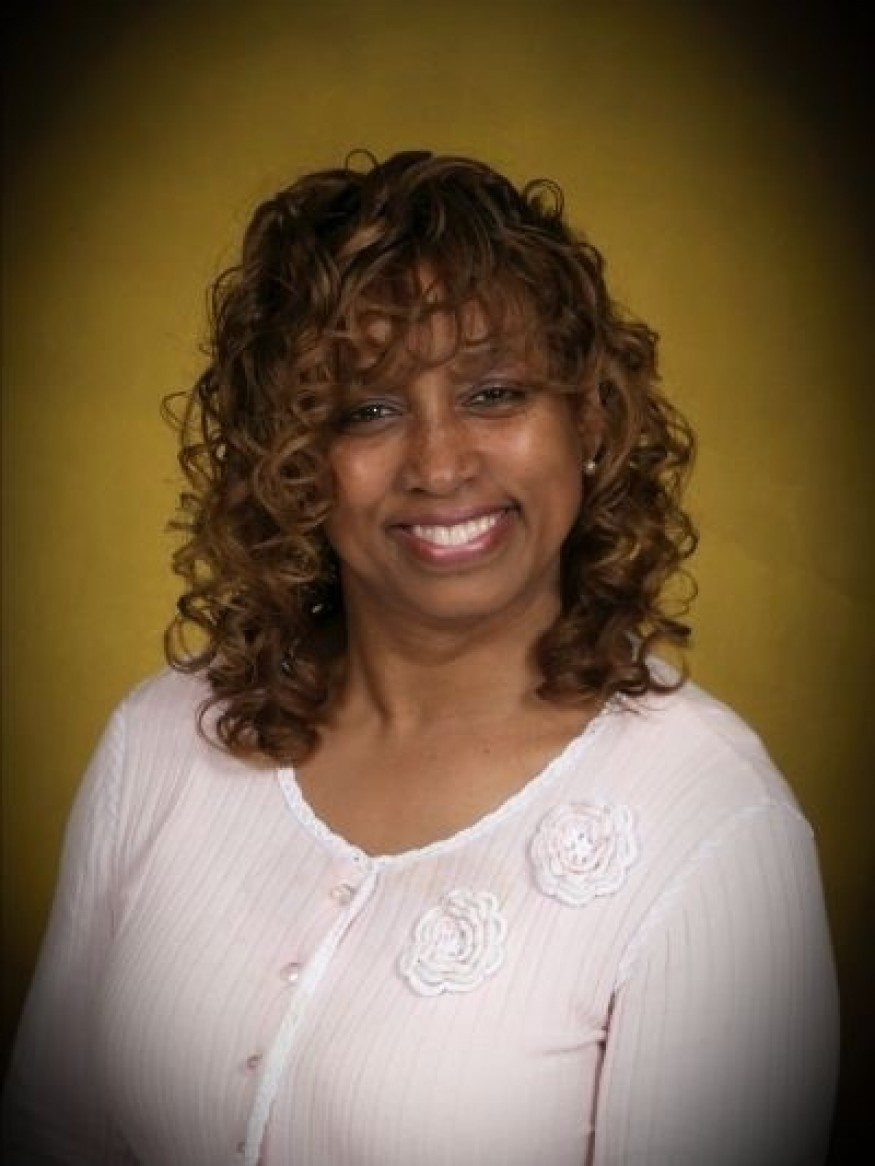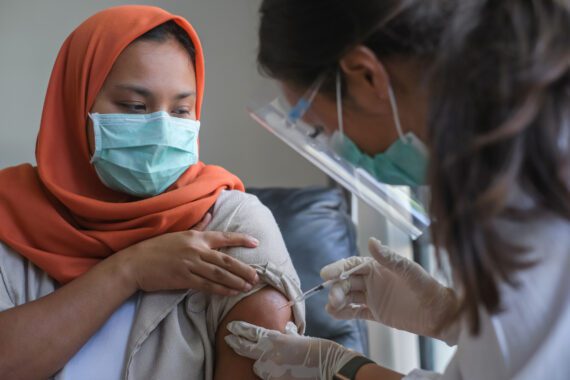By Rev. Dr. Angelique Walker-Smith
Now Deborah, a prophetess, the wife of Lappidoth, was judging Israel at that time. — Judges 4:4
Before Judge Ketanji Brown Jackson—or any of the people who have served or who currently serve on the U.S. Supreme Court—there were judges like Deborah in the Bible. She lived from approximately 1107 B.C. to 1067 B.C. and was known as a prophetess, as the wife to Lappidoth, and as a judge and a “mother in Israel.”
The Brazilian Old Testament scholar Dr. Claude Mariottini states: “Deborah became known as ‘a mother in Israel’ because she was regarded by the people of Israel as a woman of exceptional character, a woman who used her skills to help the people and to defend her nation, a woman who identified with the people in their suffering, and a woman whose strong leadership aroused the leaders of the tribes of Israel to resist their oppressors and whose enthusiasm inspired the people to rise up to fight for their nation.”
Sadly, Deborah is the only woman referred to as “a mother in Israel” in the Old or New Testament. But I propose there are many “mothers of the nations” today, women who have been and continue to be resilient and committed to Dr. Mariottini’s description of what Judge Deborah stood for. Mother’s Day is a day when the public celebrates this. This is done in more than 50 countries, although not all countries celebrate it on the same day.
At the same time, “mothers of the nations” remain underrepresented in publicly elected or appointed roles of national governance. This challenge is particularly acute when considering the few numbers of African women and women of African descent.
As of January 3, 2021, Black women comprised less than 5% of all members of the U.S. Congress; and Black women comprised only 18% of all women in Congress and only 43% of Black members of Congress. From when Shirley Chisholm (D-NY) became the first Black woman elected to Congress in 1968 to the start of the 117th Congress, just 47 Black women have served in Congress from only 21 states. It was only in 2020 that our first woman was elected to the vice presidency in the United States, former Senator Kamala Harris, who is of African and Indian descent.
Looking beyond our shores, there have only been 10 acting, interim or elected women presidents in Africa out of 54 African nations. Only five African countries have had a woman Supreme Court judge.
Only recently has the United States confirmed its first woman of African descent as a Supreme Court Justice—but not without challenge—Judge Ketanji Brown Jackson. Her contested emergence reminds us that advocating for change to racialized gender disparities is not easy, but doing such moves us closer to ending hunger and poverty.
Bread for the World celebrates the leadership of past, present, and future “mothers of the nations” and invites you to advocate with us at the upcoming Bread for the World Advocacy Summit/Pan African Consultation, June 6 – 7.
Angelique Walker-Smith is senior associate for Pan African and Orthodox Church engagement at Bread for the World.



